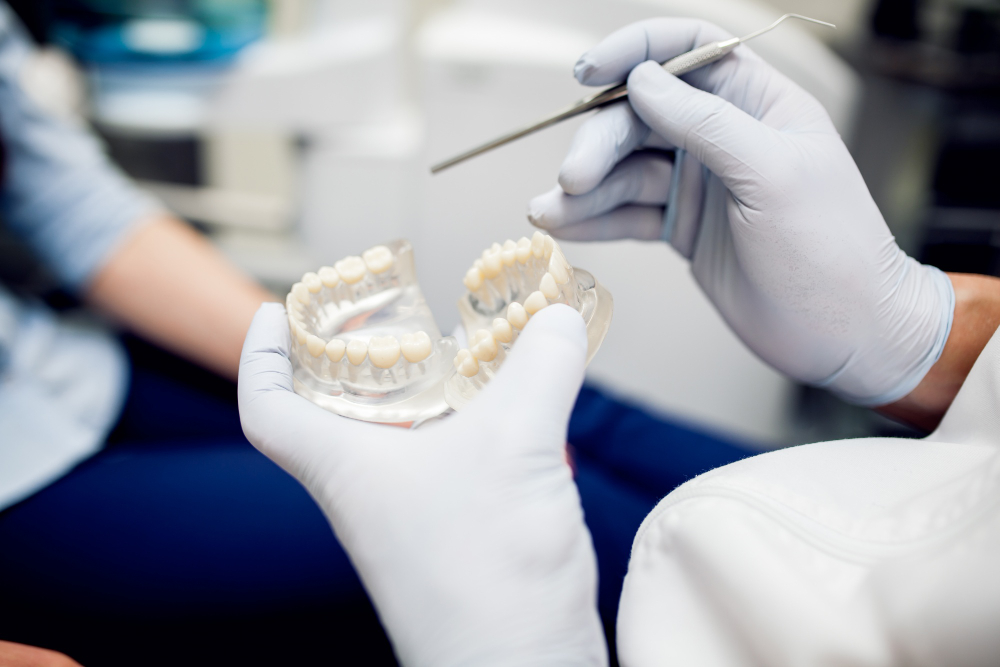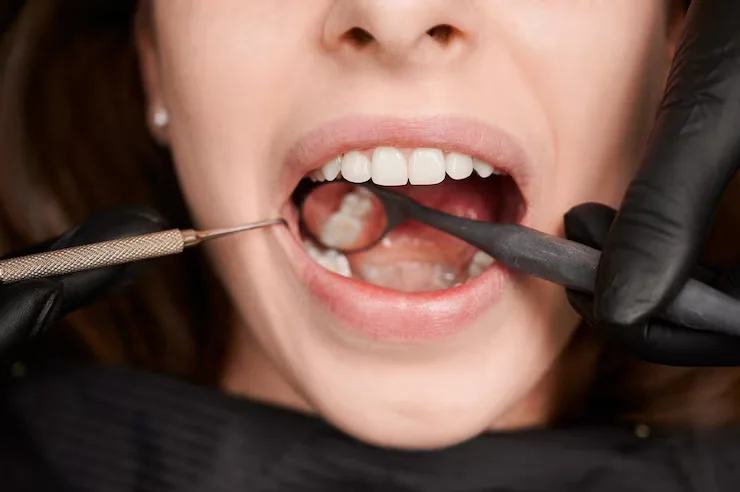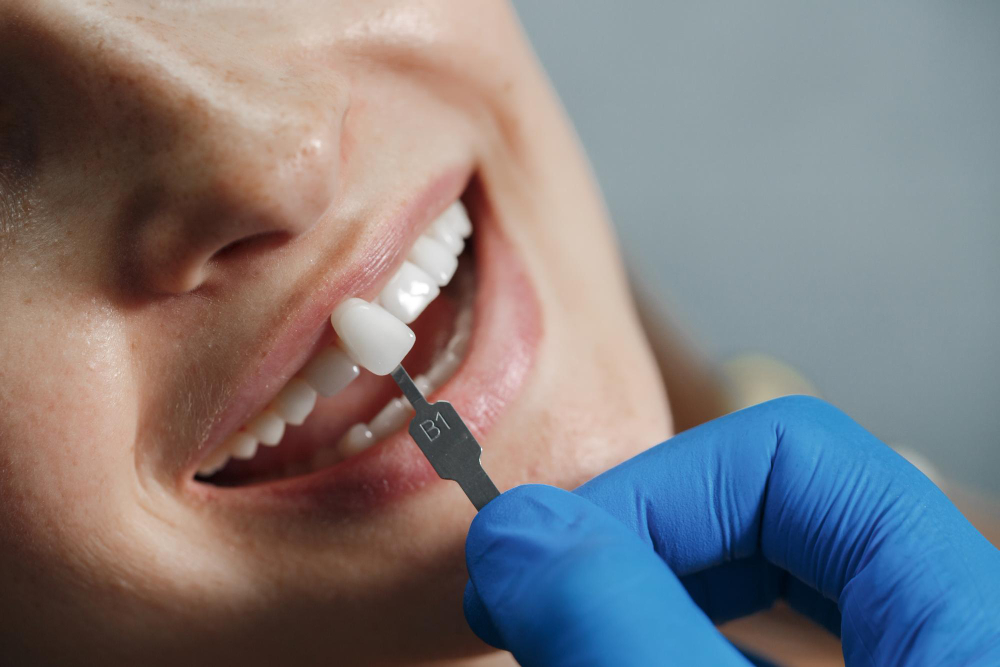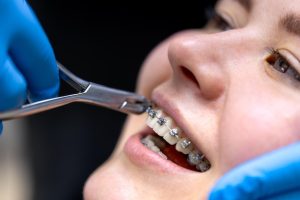Dental implants are widely known as one of the best and most effective options for replacing missing teeth. This popular procedure is often the first choice for patients considering tooth replacement due to its high success rate and natural appearance.
However, implants have potential risks and side effects like any medical or dental treatment. While the success rate of dental implants is as high as 98%, some patients may experience minor complications.
If you are thinking of getting implants or if your dentist has recommended one, it is essential also to know the side effects of dental implants and prepare yourself for what lies next. This article explores the risks and complications that can arise with dental implants.
What are Dental Implants?
Before discussing tooth implant side effects, let us briefly know about implants.
A dental implant is surgically put into the jawbone to replace a natural tooth root—the implant merges with the jawbone in osseointegration, creating a stable crown, bridge, or denture foundation.
Dental implants are highly favored because they closely mimic the appearance and function of natural teeth. Despite their high success rate, specific side effects may arise, which we’ll discuss below.

What are Dental Implant Side Effects?
Although rare, side effects of dental implants may occur. These include:
-
Pain and Uneasiness
Mild pain or discomfort is common after the procedure and typically subsides with prescribed medications. In some cases, the discomfort may extend beyond the implant site. If the pain persists despite medication, consult your dentist immediately.
-
Bleeding
Slight bleeding at the implant site is normal and is expected for the first 1-2 days. It is one of the most common side effects of dental implants. If the bleeding, however, has not stopped even after two days and is excessive, it may suggest an underlying issue. Hence, make sure to contact your dentist in such cases.
-
Swelling and Bruising
An implant is placed onto the jaw with the help of a minor surgery. After the surgery, swelling in the gums and face is regular. In some cases, bruising may also occur in the implant area. These symptoms, however, are transient and usually resolve within 72 hours. If you experience such symptoms, use an ice pack over the area for some relief.
-
Infection
If bacteria enter the implant site, infection can occur. Symptoms may include swelling, fever, and persistent pain. Good oral hygiene and frequent dental check-ups can help control infections. If signs of infection appear, seek prompt dental care.
-
Sinus Problems
Sinus problems may occur if the implant is close to the maxillary portion of your mouth. During the surgery, slight damage to the sinus may cause the implant to extend into the nasal cavity and result in infection. In such cases, contact a dentist immediately.
-
Failure of Dental Implant
At times, the implant may not undergo the process of osseointegration. This may occur due to poor bone quality or an existing infection. In such cases, the implant procedure fails to provide results. To avoid this, adhere to what your dentist has suggested and take proper care of your oral hygiene.
-
Nerve Damage
Although rare, nerve damage can also occur with dental implants. This may occur if the implant is too close to a nerve. If this happens, it may lead to tingling in the area and constant discomfort. If you experience such symptoms, contact your dentist for a thorough evaluation.
When choosing dental implants for tooth restoration, it is necessary to find a reliable dentist who understands the potential risks and provides the best aftercare tips and support post-implant. By following the basic aftercare routine, you can avoid these risks and get a healthy, bright smile.

Takeaway
Dental implants are a proven and practical solution for tooth replacement, offering long-term benefits and a natural appearance. While side effects like swelling, discomfort, or sinus issues are possible, they are generally manageable with proper care. If complications arise, contacting your dentist promptly can help address the problem.
Avoid Implant Related Risks with Hopkins Family Dentistry!
Dental implants are efficient if performed by a team of seasoned dentists. Our expert dentists at Hopkins Family Dentistry are here to guide you in ensuring a smooth implant process with minimal risks.
Contact us today at (952) 935-2121 or schedule an appointment to discuss your dental needs. You can also visit us at 1919 Mainstreet, Hopkins, MN, for expert care and guidance.








